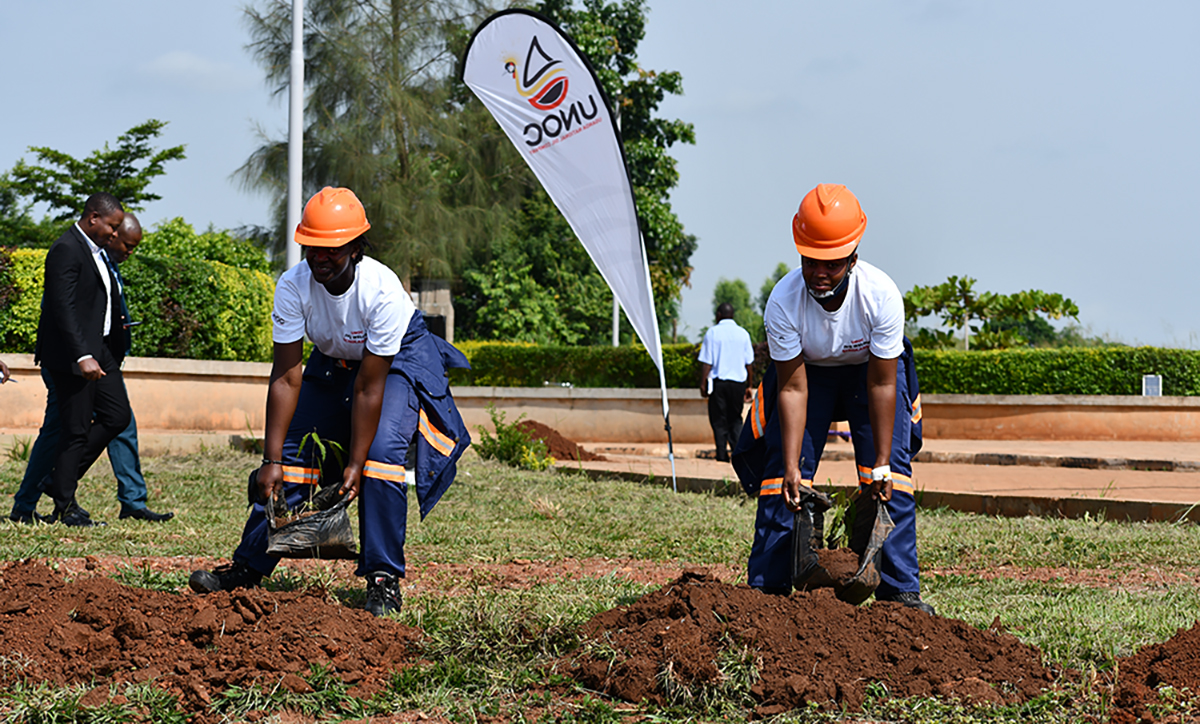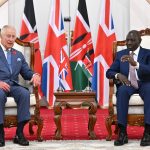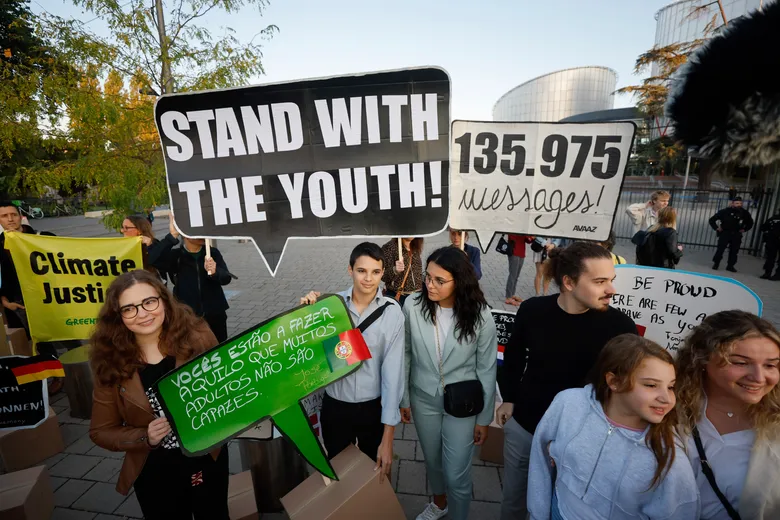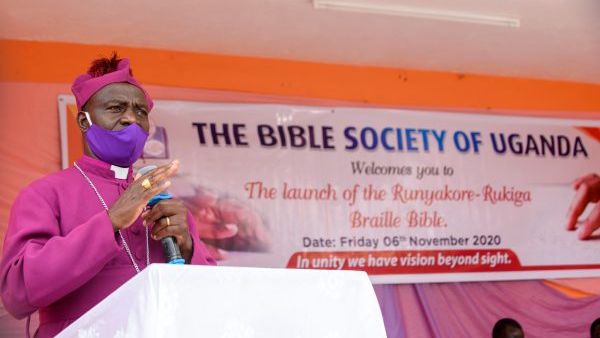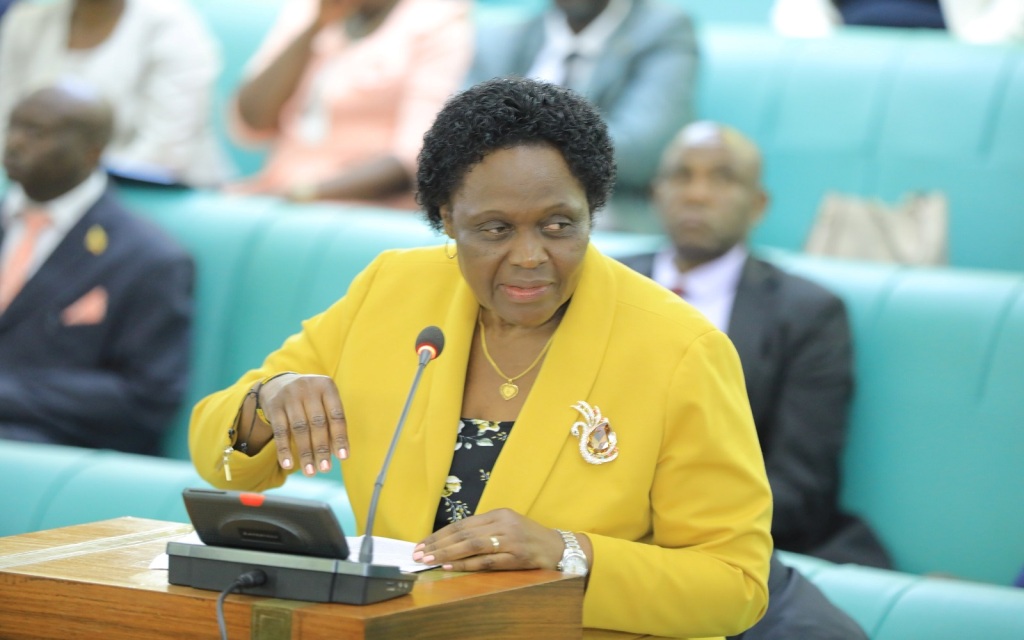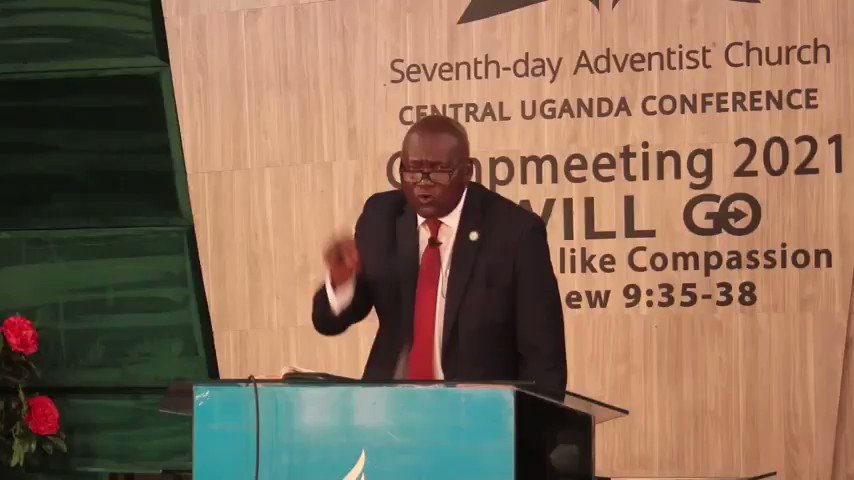The Church of Uganda has taken a significant step towards addressing climate change challenges by offering land to the Uganda National Oil Company (UNOC). The move comes as Uganda grapples with the adverse effects of climate change, including shifting weather patterns, decreasing water levels, and a rise in extreme weather events such as floods and drought.
Josephine Ninsiima, the program officer overseeing climate change and disaster response, highlighted the presence of substantial idle land owned by the church. This land is earmarked for government utilization, specifically for tree planting initiatives aimed at fostering environmental resilience. Ninsiima emphasized that while tree planting is a priority, other church projects may also utilize portions of the land.
In the pursuit of this environmental endeavor, each church within the fraternity is encouraged to contribute idle land for development. The commitment to conservation was formalized through the signing of a memorandum of understanding (MOU) between the Church of Uganda and UNOC, signaling a joint effort to preserve the environment.
Ninsiima asserted that the church’s mission extends beyond spiritual matters to practical engagement with development challenges. Recognizing the futility of preaching to those affected by floods or hunger, the church aims to address the immediate needs of the community through tangible actions.
The collaboration between the Church of Uganda and UNOC stems from the realization that climate change poses severe challenges that demand substantial efforts. Rev. Andrew Agaba, the director of household and community transformation, emphasized the gravity of the negative effects of climate change, underscoring the necessity for a robust partnership between the two entities.
To achieve their conservation goals, the collaboration aims to raise community awareness and mobilize church leaders across Uganda. This comprehensive approach includes the conservation of existing natural resources, reforestation, and afforestation efforts in areas identified by all Church of Uganda dioceses.
Key components of the partnership include the mobilization of financial resources and expertise to support conservation initiatives at the household level. Eng. Dr. Michael Nkambo Mugerwa, the acting CEO of UNOC, highlighted the importance of organized and informed public participation in adopting climate change mitigation laws.
Mugerwa expressed the belief that if more organizations followed a similar path, the impact of climate change could be significantly mitigated. Notably, statistics indicate a 13% reduction in Uganda’s forest cover from 2002 to 2023, reflecting the pressing need for collaborative efforts to address the challenges posed by climate change.

